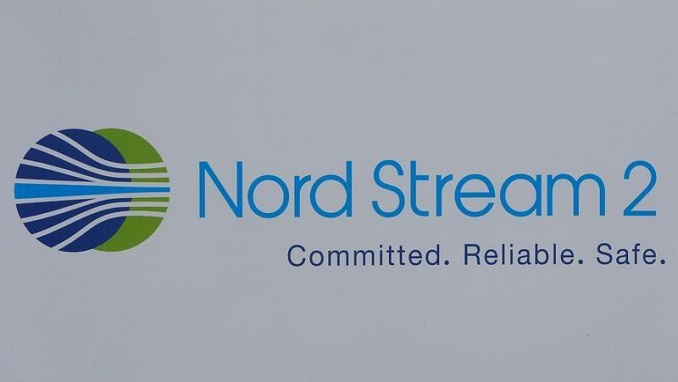The issue of approval of Russia’s Nord Stream 2 pipeline is still sitting stalled in the European Council – the body representing the 28 national governments of the EU, with little chance of approval coming anytime soon, Forbes reports.
The pipeline is meant to bring Russian natural gas directly to Germany via the Baltic Sea. Even as the construction process moves full speed ahead, a number of EU countries, mostly from Eastern Europe, are blocking the pipeline over energy security fears. Washington, eager to replace Europe’s dependence on Russian gas with new liquefied natural gas imports from America, has been leaning on EU capitals to reject it.
These Eastern EU states have enough of a blocking majority in the Council to even refuse to give the European Commission, the EU executive, a mandate to negotiate the pipeline with Russia.
The opposed countries are citing legal uncertainty as a reason to block the pipeline. They say the current system leaves it unclear as to whose law applies to the pipeline in international waters – the EU’s or Russia’s. They say that as a condition for approving the pipeline, the EU should require Russia to accept EU jurisdiction not just over this pipeline but over the entirety of all existing pipelines – retroactively.
The Commission has chosen to take the complaints about legal uncertainty literally. In November it proposed a general overhaul of EU gas rules that would force EU energy law to apply to pipelines even when they are outside EU territory. This will resolve the concerns about Nord Stream 2, the Commission said.
But the proposal has not been greeted warmly. At a stakeholder event in Brussels earlier this month, people in the energy industry blasted the Commission for not conducting an impact assessment before putting out the plan.
The reception wasn’t much better among lawmakers during a public hearing in the European Parliament last month. Experts speaking before the parliament’s energy committee said it risks doing more damage than good if it is hastily adopted based on the Nord Stream time constraints.
“If Nord Stream 2 or Russian gas altogether is politically too sensitive, then this requires a political solution,” Andreas Goldthau, an energy policy professor at Royal Holloway University of London, told the committee.











